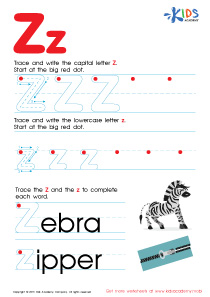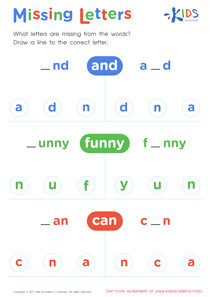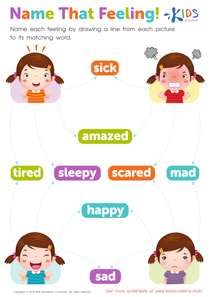Fine Motor Skills Extra Challenge Tracing Letters Worksheets for Ages 3-5
7 filtered results
-
From - To
Unlock your child's potential with our "Fine Motor Skills Extra Challenge Tracing Letters Worksheets" designed for ages 3-5! These engaging activities help young learners enhance their fine motor abilities while mastering letter recognition and handwriting. Each worksheet features fun designs that make tracing enjoyable, promoting concentration and hand-eye coordination. Ideal for preschoolers, these worksheets not only support literacy development but also encourage creativity and motor skill advancement through playful practice. Perfect for both classroom use and home learning, our tracing worksheets provide an interactive way to foster skill development in young children. Start your journey toward effective letter tracing today!


Letter A Tracing Page
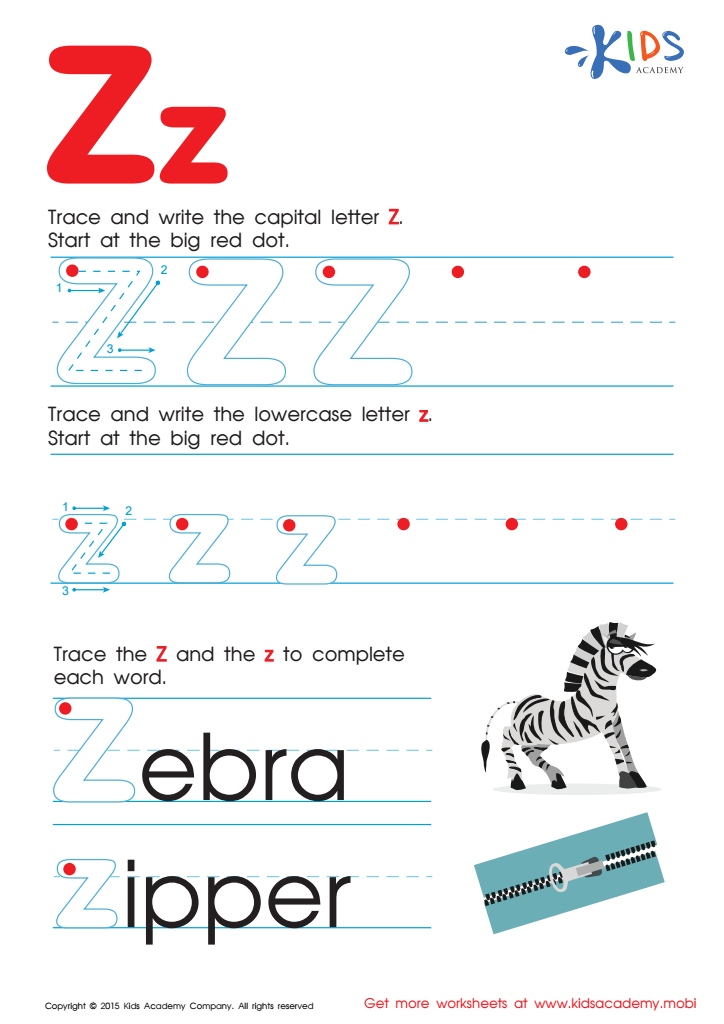

Letter Z Tracing Page


Letter R Tracing Page


Letter X Tracing Page
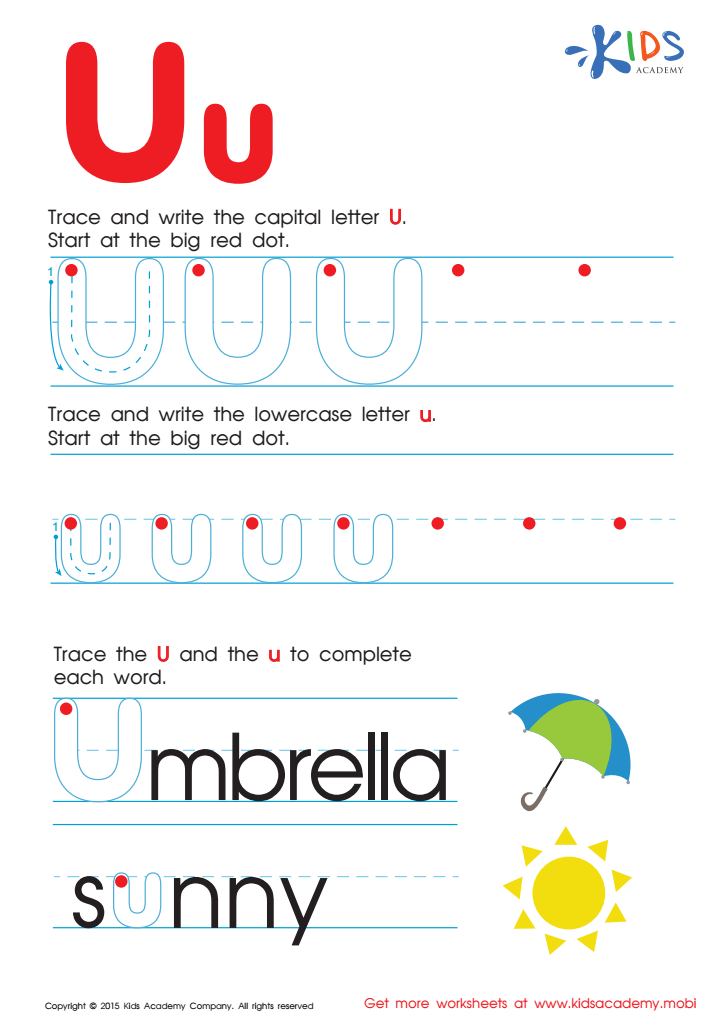

Letter U Tracing Page
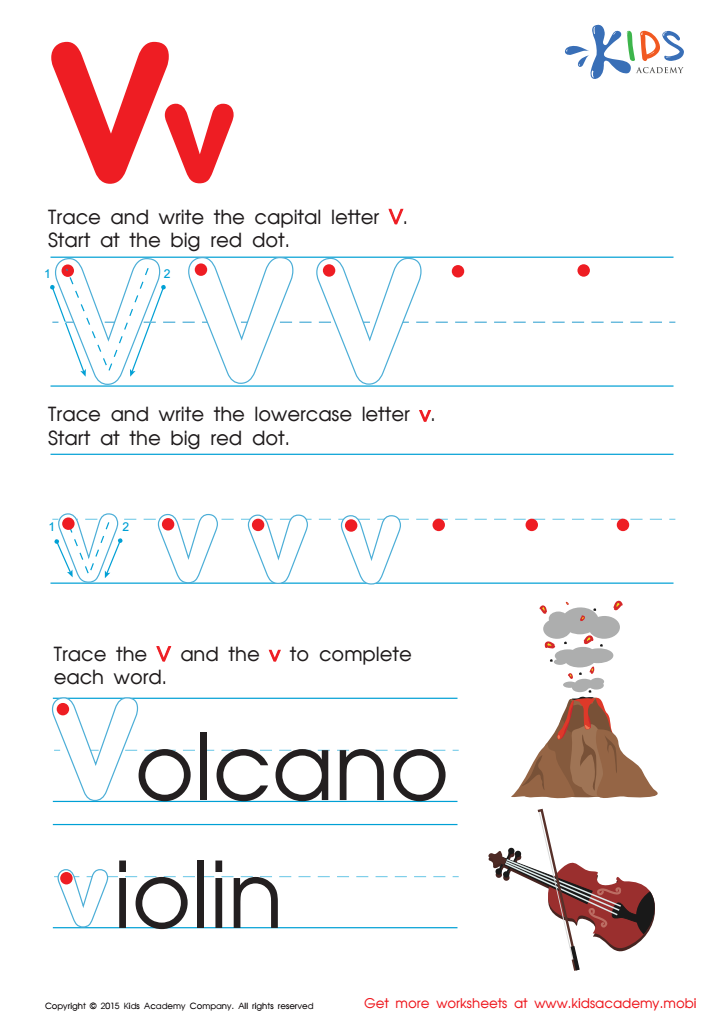

Letter V Tracing Page
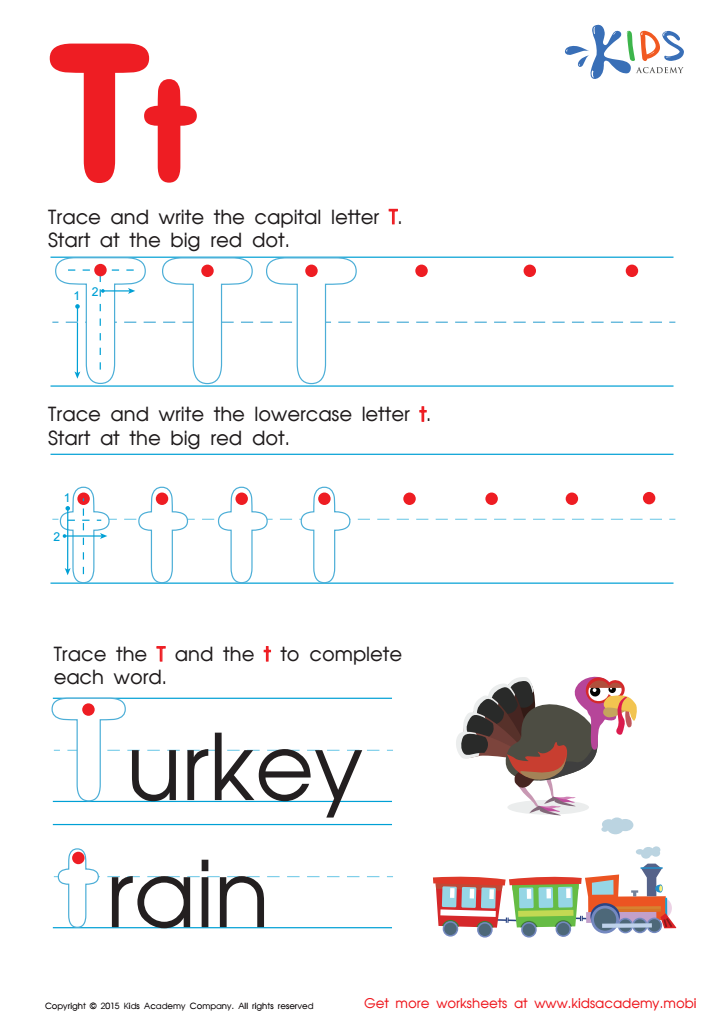

Letter T Tracing Page
Fine motor skills are crucial for young children's overall development, particularly between ages 3-5. These skills involve the coordination of small muscles in the hands and fingers, which are essential for everyday tasks, such as writing, eating, and buttoning clothes. Engaging children in fine motor skill activities, like tracing letters, provides numerous benefits.
Firstly, tracing letters helps children develop hand-eye coordination, an essential skill for various activities they'll encounter later in life. As children trace, they learn to control their hand movements, which lays the foundation for more complex tasks, like writing and drawing.
Furthermore, exercises that focus on fine motor skills can enhance cognitive development. Tracing letters requires concentration and memory, as children must recognize shapes and make connections with sounds and letters, boosting their literacy awareness.
Additionally, parents and teachers should care because fine motor skills can affect a child's self-esteem and confidence. Children who struggle with these skills may feel frustrated or discouraged, which can hinder their willingness to participate in school activities. Supporting fine motor development through enjoyable challenges like tracing letters sets a positive tone for learning, fostering both skill and enthusiasm in young learners.
 Assign to My Students
Assign to My Students









